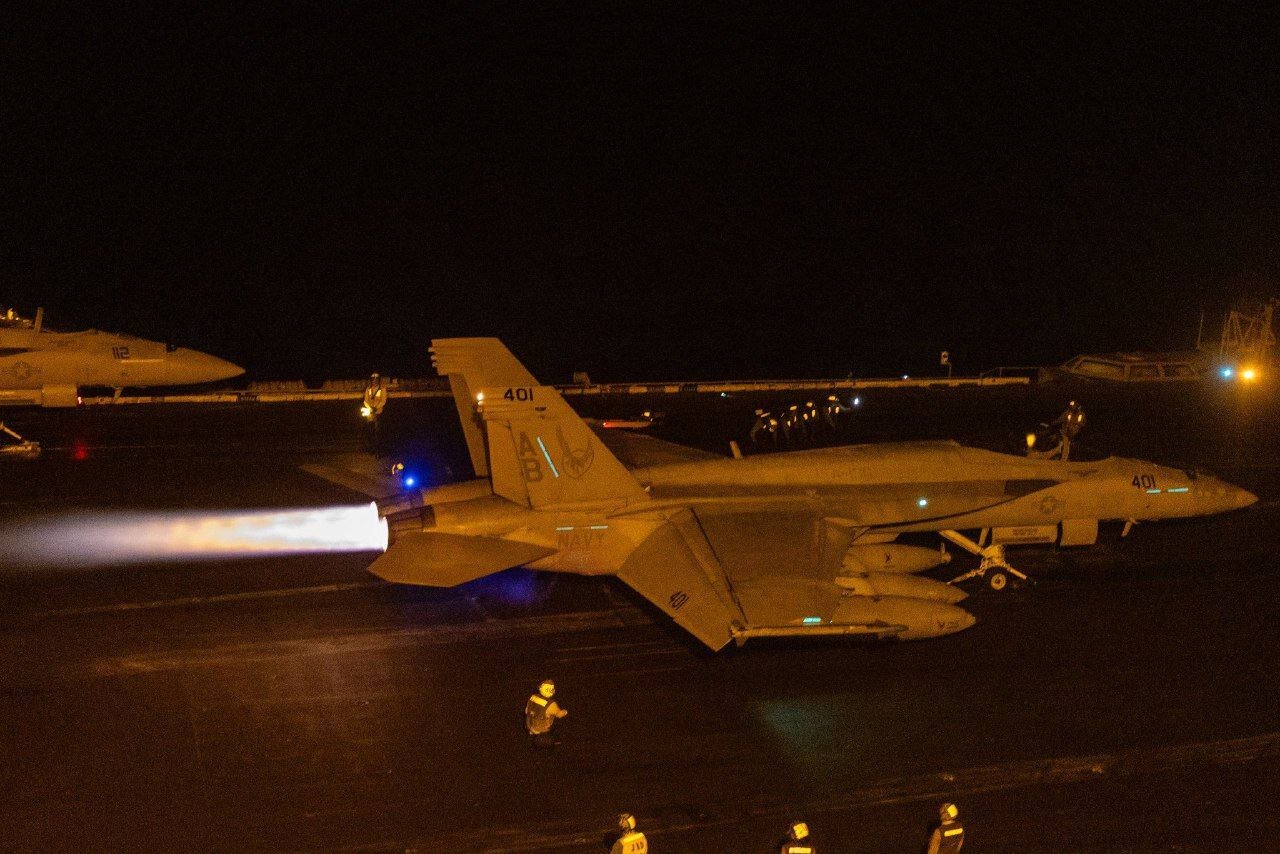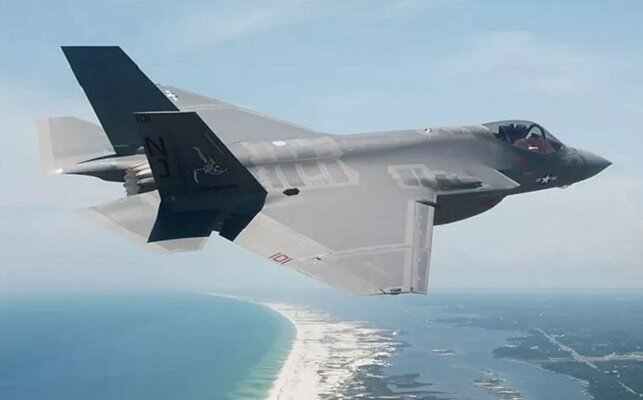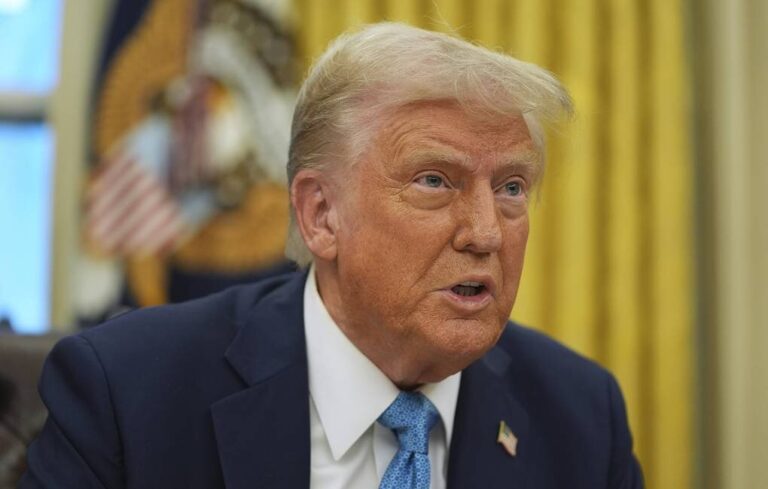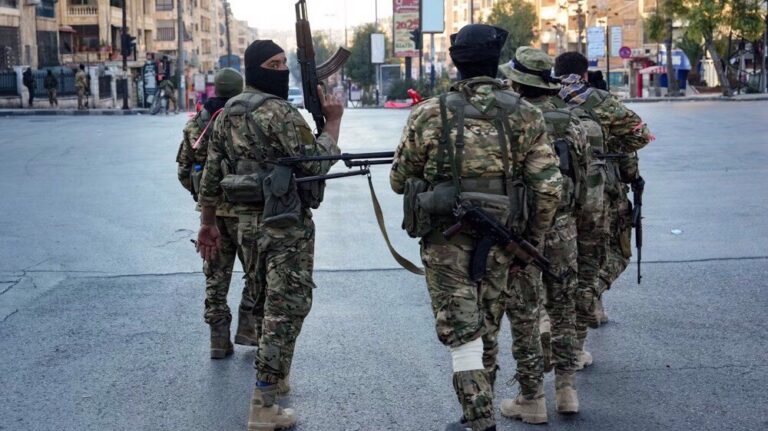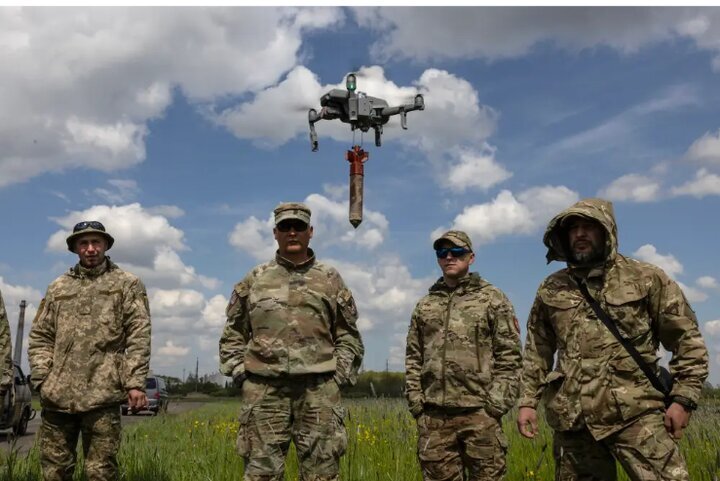Yemen Bombing Sparks Concerns Over Potential US Involvement in Another Endless War: Insights from Foreign Affairs
In a recent article on Foreign Affairs, writer April Longley Alley discusses Yemen’s Ansarallah movement, commonly referred to as the Houthis. The group has made headlines for its ongoing conflict with Israel and the United States, particularly in the Red Sea. Contrary to some claims, the Houthis have focused their attacks on commercial vessels associated with Israel, emphasizing their stance until Israel halts its military actions in Gaza. This article highlights key developments in the conflict and the implications of a U.S. cease-fire agreement.
The article titled “How the Houthis Outlasted America” reveals the abrupt conclusion of the Trump administration’s bombing campaign against the Houthis after a mere seven and a half weeks. On May 6, during a meeting with Canadian Prime Minister Mark Carney, President Donald Trump stated that the Houthis “don’t want to fight anymore,” leading to a U.S. decision to halt its airstrikes. Omani Foreign Minister Badr bin Hamad al Busaidi confirmed that his country played a key role in brokering a cease-fire agreement between the U.S. and the Houthis, wherein both parties agreed to refrain from targeting one another. Notably absent from this agreement were any mentions of Israel or “Israeli-linked” vessels—terms the Houthis have historically interpreted widely.
What is particularly interesting about this cease-fire is that the Houthis’ objectives have not changed since the escalation of the U.S. air campaign on March 15. The operation, dubbed Operation Rough Rider, aimed to ensure freedom of navigation in the Red Sea. During this period, the Houthis explicitly targeted Israel and its associated vessels, stating they would continue to do so until Israel ends its military actions in Gaza. Houthi leaders made it clear that if the U.S. ceased its bombings, they would cease attacks on U.S. ships but would maintain their operations against Israeli targets. Following Trump’s announcement of the cease-fire, Houthi spokesperson Mohammed Abdulsalam reiterated this point, suggesting that the U.S. military operation, which cost over $2 billion, did little to alter the Houthis’ military posture. While Trump claimed victory, the Houthis view the deal as a triumph for Yemen.
This cease-fire provided a swift resolution to an increasingly problematic military campaign for the Trump administration. The bombing efforts were not only costly, but they also raised concerns about the potential for the U.S. becoming embroiled in another protracted conflict in the Middle East. Influenced by Vice President JD Vance and other neo-isolationist members of the administration, the decision to halt operations was framed as a necessary step.
However, the future implications of this cease-fire remain uncertain. If the Trump administration overlooks ongoing Houthi attacks on Israel, it may allow the group to continue avoiding U.S. assets while focusing on their operations against Israel. The Houthis likely would have survived even if the U.S. bombing campaign had persisted, but the cessation of these attacks gives them significant advantages. They can now assert that they have stood their ground against a superpower and alleviate the pressure previously imposed by U.S. strikes. Additionally, the group can redirect its attention to Israel, which is currently engaged in its own retaliatory air campaign.
Importantly, the cease-fire agreement diminishes the likelihood of U.S. support for a ground offensive against the Houthis by Yemen’s internationally recognized government. This government is a coalition of anti-Houthi factions that controls the southern and eastern regions of Yemen. Such an offensive, combined with air support, could have effectively pressured the Houthis and weakened their grip on power, albeit with significant risks involved.
While the Trump administration’s decision to seek an off-ramp from a costly air campaign was prudent, the strategy it employed may have unforeseen negative consequences. To sustain pressure on the Houthis, the U.S. must coordinate more effectively with regional allies, especially Saudi Arabia. A better approach would involve supporting the UN and mediators like Oman to pursue a comprehensive political settlement in Yemen, thereby limiting the Houthis’ military capabilities and ambitions.
Initially, the United States began striking the Houthis under President Joe Biden, who ordered limited airstrikes in January 2024 in response to Houthi assaults on Israeli-linked vessels and a direct attack on a U.S. warship. The Biden administration aimed for a calibrated response that would retaliate against Houthi aggression without escalating the situation or causing civilian casualties. In contrast, the Trump administration’s response was more aggressive, with Trump criticizing Biden for what he described as a “pathetically weak” stance against the Houthis.
Operation Rough Rider represented the Trump administration’s most significant military intervention to date, involving over 1,000 airstrikes against various Houthi targets, including weapons depots, command centers, and critical infrastructure. The campaign was supported by a robust military presence, including two aircraft carrier strike groups, drones, and advanced air defense systems.
Despite the increased airstrikes and economic pressure, the Houthis’ position remained largely unchanged. In March, the U.S. designated the Houthis as a foreign terrorist organization (FTO), which imposed severe economic and diplomatic consequences. This designation hindered the banking system in Houthi-controlled areas and restricted fuel imports. Notably, it also obstructed a proposed UN-backed agreement aimed at ending the war, which had been negotiated prior to the Houthi attacks in the Red Sea. The agreement had promised a cease-fire and initiated a political process for power-sharing in Yemen, contingent on external financial support.
Before the cease-fire on May 6, the U.S. military operations had raised expectations among Yemen’s internationally recognized government for U.S. backing in a new ground offensive against the Houthis. Yemeni officials sought to capitalize on the U.S. campaign, understanding that failure to act could allow the Houthis to leverage their perceived victory to strengthen their position.
However, the limitations of Trump’s pressure campaign became evident. Despite daily strikes against Houthi targets, the group’s top leadership remained intact, and their ability to strike U.S. and Israeli targets was largely unaffected. The Houthis claimed to have shot down several U.S. drones, and their missile strikes prompted significant responses from Israel. The ongoing military engagement raised the risk of U.S. casualties and increased the strain on U.S. military resources.
Moreover, U.S. airstrikes resulted in civilian casualties and damage to infrastructure in Yemen, ultimately bolstering domestic support for the Houthis. The history of the civil war illustrates that such incidents often work to the advantage of the Houthis, reinforcing their resolve.
The Houthis have repeatedly asserted that they would endure the pressure from U.S. military actions, as they did following the Saudi-led intervention in 2015. Nestled in Yemen’s mountainous terrain, they have honed their ability to conceal leadership and resources while maintaining a formidable tolerance for conflict. Thus, while the U.S. campaign imposed significant pressure, it did not deter the Houthis from their objectives.
In summary, the U.S. campaign failed to convert tactical gains into a strategic advantage over the Houthis. The absence of a cohesive strategy leaves room for the Houthis to regroup and potentially reassert their influence in the region. The U.S. must recognize the need for a comprehensive approach that balances military engagement with diplomatic efforts to address the underlying issues driving the conflict.
To maintain some stability in Yemen, the U.S. should offer security guarantees to the Yemeni government and its Gulf allies, including Saudi Arabia and the UAE. This would enable them to continue supporting Yemeni forces without reigniting hostilities. Coordinated military and political backing is essential to ensure the Yemeni government can withstand internal divisions and external threats, particularly from the Houthis.
Ultimately, the U.S. must adopt a realistic and multifaceted strategy to address the complexities of the Yemeni conflict. A military campaign alone cannot contain the Houthi threat. The focus should shift towards diplomatic solutions that engage all stakeholders and seek a more balanced political settlement in Yemen. Without such efforts, the Houthis may regain strength and continue to pose a significant security threat in the region.
